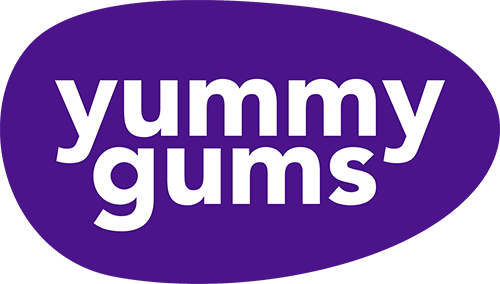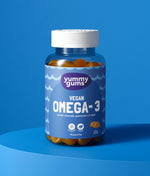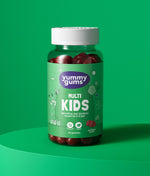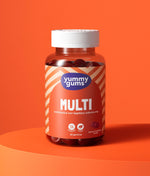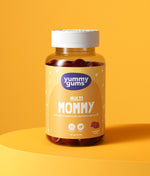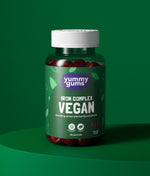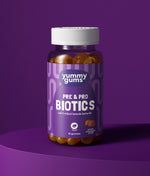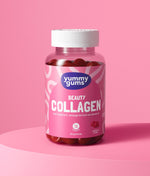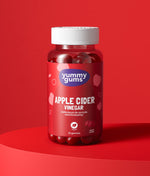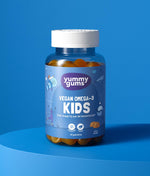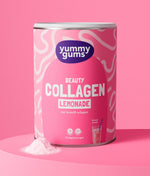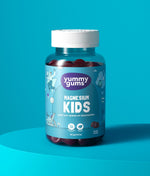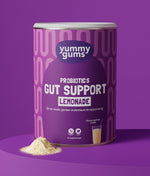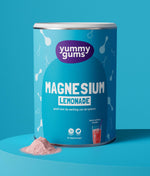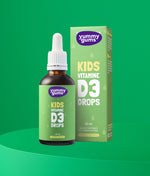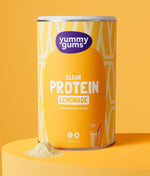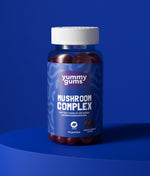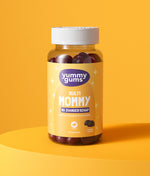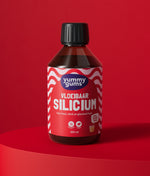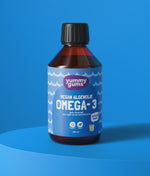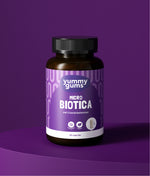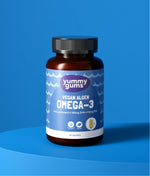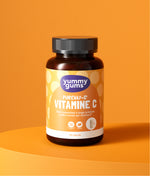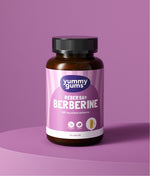Do you eat a plant-based diet? Don't miss out on nutrients!
Lifestyle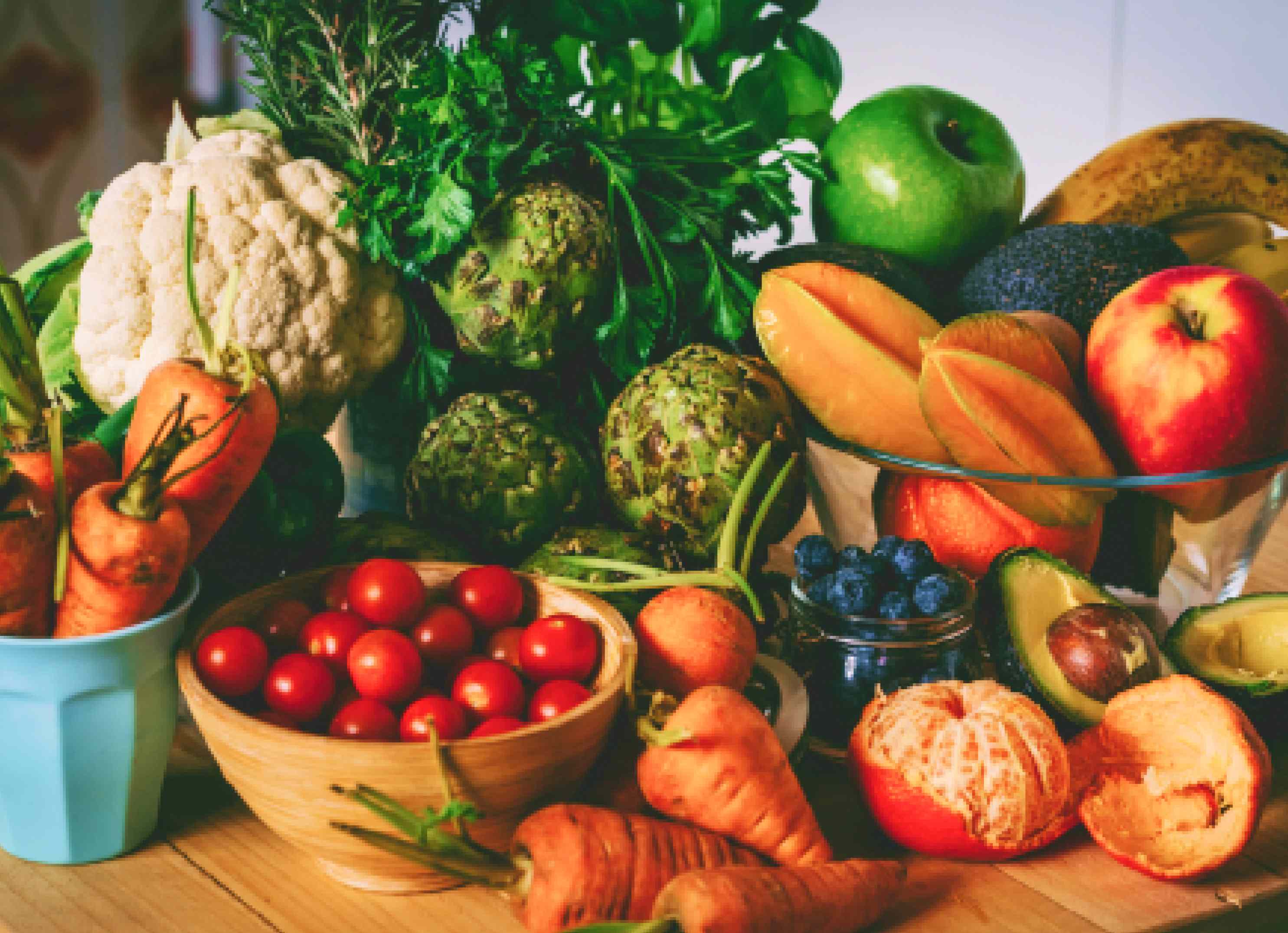
If, for whatever reason, you decide to eat less meat or even stop eating it altogether, your diet will change significantly. Animal products like meat, fish, cheese, and eggs contain many nutrients your body desperately needs. Although plant-based diets are packed with healthy foods, they can still fall short in some areas. Therefore, when making these kinds of lifestyle changes, it's also important to ensure you're getting all the nutrients you need.
Not sure what to look for? We've got you!
Proteins
Proteins are important building blocks for your body. Many animal products are high in protein, so if you eliminate this food group, it's important to monitor your protein intake. You can also get it from other sources; good plant-based protein sources include bread, tofu, and lentils. The Nutrition Center recommends 0.8 grams of protein per kilogram of body weight for adults who exercise regularly. If you're a fanatic athlete, the recommendation is slightly higher, at 1.2 grams per kilogram of body weight. By eating a varied diet and consciously choosing protein-rich plant-based foods, you can easily meet your protein needs and enjoy a healthy and balanced plant-based lifestyle.
Vitamins and minerals
If you follow a vegan or vegetarian diet, it's important to ensure you get all the necessary vitamins and minerals. Some vitamins are simply easier to find in animal-based foods, so you need to pay extra attention when an entire food group is eliminated.
Vitamin B12
Your body needs vitamin B12 to produce red blood cells, release energy from food, and support your immune system. A deficiency can lead to symptoms such as tingling, dizziness, and balance problems. Vitamin B12 is naturally found in dairy products, meat, fish, and eggs, but there are certainly plant sources that contain vitamin B12, such as seaweed and algae. If you're unsure whether you're getting enough vitamin B12, you can supplement your diet with a supplement .
Iron
Iron is essential for the formation of hemoglobin, a special protein in our red blood cells. It promotes energy metabolism and has a positive effect on your immune system. If you're experiencing low energy, you might have an iron deficiency. There are two different forms of iron: heme iron and non-heme iron. While heme iron is only found in animal products, non-heme iron is found in both animal and plant products. Non-heme iron is less easily absorbed by the body than heme iron, which is why it's advisable for people on a vegetarian or vegan diet to take an iron supplement .
Calcium
Calcium is vital for your health, supporting your heart muscle, metabolism, and bones. While dairy products are rich in calcium, plant sources like broccoli, cabbage, and tofu can also help you get enough calcium on a plant-based diet.
Vitamin D3
Vitamin D3 is crucial for your health, as it increases calcium absorption in your bones. This vitamin is naturally found in oily fish, red meat, liver, and eggs. Vitamin D3 isn't naturally present in plant foods, but some plant foods are enriched with it. Our bodies can also absorb vitamin D3 from sunlight, but a vitamin D3 deficiency can still occur in winter, especially if you are in a high-risk group for vitamin D deficiency. If you don't get enough vitamin D3, it's wise to consider a vitamin D3 supplement.
Omega-3
The Netherlands Nutrition Centre recommends everyone consume 200 mg of omega-3 daily. If you eat a lot of (oily) fish, you're likely getting your daily dose. However, if you don't eat fish, it's necessary to get these essential fatty acids from plant sources like algae, chia seeds, and walnuts. Supplements are often recommended for this. Yummygums Vegan Omega-3 offers a vegan gummy with DHA derived directly from algae. This means no fishy aftertaste, just a simple, refreshing citrus flavor.
Varied diet
One of the most important aspects of a healthy plant-based diet is variety. By incorporating a wide variety of plant foods into your daily meals, you can ensure you get all the nutrients you need and avoid deficiencies.
While it's possible to get all the nutrients you need from a plant-based diet, it's definitely a good idea to consider supplements. This way, you can be sure you're not missing out on any nutrients!
